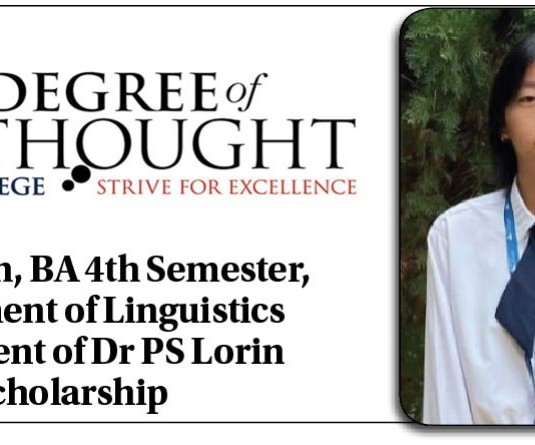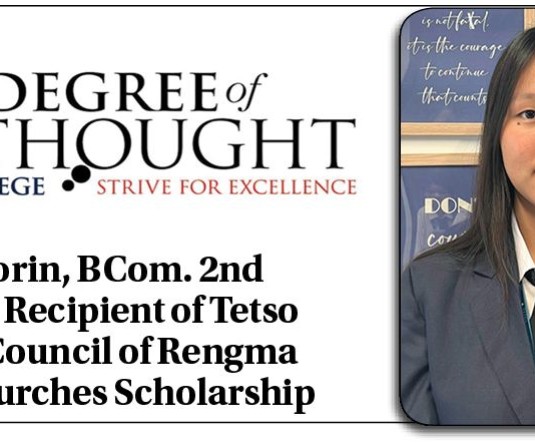
“The most engaging type of content on social media is short-form videos”
- Forbes (2023)
As of January 2023, there are 229.55 million Instagram users in India, this makes India the country with the largest Instagram audience in the world. (Statista)
Indeed, the content shared on social media possesses a lasting presence. Once shared, it can be downloaded and reposted indefinitely. The festive moments and reflections shared during Christmas or throughout the year have a timeless quality, making them relevant not just for the current season but potentially for the next Christmas and beyond. This perpetual nature is evident in the longevity of funny reels and videos that continue to captivate audiences, remaining in circulation even after their initial upload. The essence is clear: what graces the platforms tends to have a resilient and enduring digital life, challenging the notion of complete removal.
Sharing content has become an incredibly sensitive matter, requiring careful consideration before posting—thinking thrice before sharing our own and quadruple before sharing others'. Obtaining their consent is an absolute necessity in this digital landscape.
Numerous short movie trailer clips are transformed into reels, creating excitement among viewers. However, the actual movies often turn out to be disappointments or lack a meaningful message. Additionally, short clips extracted from events or speeches can spread negativity and misunderstanding. For instance, during the recent India vs. Australia World Cup, a clip of Prime Minister Narendra Modi leaving the stage after presenting the trophy was misinterpreted, falsely implying dissatisfaction with India's loss. Watching the full clip reveals he followed the necessary protocol, leaving the stage for the winning team. Many such video clips suffer from misinterpretation
Now AI is taking a role in social media platforms. Such tools like Deepfake. How Deepfake tool targeted Bollywood actresses Rashmika Mandanna and Katrina Kaif and more. And where such videos are shared? In the most popular social media platforms like Instagram, YouTube, Facebook and Twitter. Basically where the maximum audience are!
Despite the prevalence of negative news, the proliferation of social apps shows no signs of slowing down; in fact, it continues to surge. Recent notable launches include Meta's Threads, Truth by Donald Trump's media and technology company, and Nagaland's very own "Hunishe," marking the introduction of the first social media app from the region.
Every social media app strives to understand us better, seeking more information about our preferences. From tracking likes and dislikes to monitoring our interactions within the app, they aim to tailor our experience by providing relevant feeds based on our activities and engagement.
In the context of sharing personal information, I highly recommend the movie "Missing" (2023). The film sheds light on the extent to which we inadvertently provide a breeding ground for hackers by sharing excessive details about ourselves. It serves as a cautionary tale, especially considering that many individuals include sensitive information such as Gmail, phone numbers, date of birth, address, and relationship status in their Instagram and other social media’s account bios. Instances of impersonation, fraudulent actions, and requests for payment have been reported, impacting individuals in Dimapur and beyond. This underscores the importance of being vigilant about the information we share online to protect ourselves from potential risks and threats.
Indeed, the digital world presents a myriad of possibilities for threats and hacks that often surpass our current understanding. In the face of uncertainty, the age-old saying "Prevention is better than cure" stands as a timeless mantra. Proactively safeguarding our digital presence, employing robust security measures, and staying informed about emerging threats are vital strategies. Top of Form
Absolutely, verifying the accuracy of information and checking its source is crucial, especially in the age of digital sharing. The lack of basic awareness among our youth on how to share news responsibly is a notable concern. Instances of cropping out specific portions of content on platforms like WhatsApp, without proper context, can indeed raise issues akin to plagiarism. While the consequences might not be as severe as in academic settings, it's essential to cultivate a habit of giving credit to the original creators.
Crediting the owner of a particular piece of content not only aligns with ethical practices but also shows respect and appreciation for the work done by that individual. Whether it's a quote, painting, videos, any other form of creative work, finding ways to acknowledge the creator, such as including their profile name in a screenshot when we share is a positive step. By supporting and crediting each other, we contribute to fostering a culture of professionalism and collaboration, ultimately creating more opportunities for shared success.
I share your positive sentiments for this Christmas season. Wishing happiness, new opportunities, and good health to all the readers is a heartfelt sentiment. Your emphasis on choosing the right path and actions over following the majority reflects a commitment to individual integrity. Ensuring our actions do not jeopardize others' reputations and striving for continuous education demonstrate a mindful approach. Your call for sharing respect towards one another aligns with the spirit of the season and contributes to fostering a harmonious and inclusive community. May your Christmas be filled with joy, warmth, and meaningful connections.
The Degree of Thought Column is a weekly community column initiated by Tetso College in partnership with The Morung Express. The column explored contemporary social, cultural, political, and educational issues and challenges around us. However, the views expressed here do not reflect the opinion of the institution. Tetso College is a NAAC-accredited, UCG-recognized Commerce and Arts college. Currently, the Degree of Thought Column is managed by the department of Mass Communication, and the editorial team are Dr Jenny Lalmuanpuii, KC Gabriela and Rinsit Sareo. For feedback or comments, please email:dot@tetsocollege.org.






